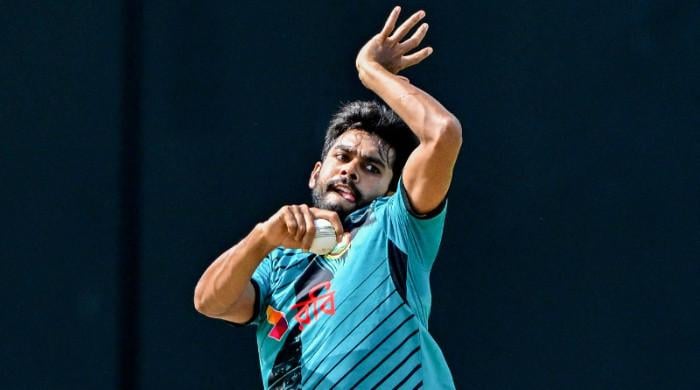India’s National Sports Governance Bill becomes an Act after President Murmu’s assent

India’s National Sports Governance Bill has become an Act after President Droupadi Murmu gave her assent to the legislation, which promises to overhaul India’s sports administration, the Press Trust of India (PTI) reported on Tuesday.The development comes days after India said it will bid for the 2030 Commonwealth Games, seen as part of a wider push by the cricket-mad nation to host the 2036 Olympics.The presidential assent came on Monday, stated a gazette notification by the central government.The legislation has been described as a path-breaking reform by Sports Minister Mansukh Mandaviya, PTI reports.“The following Act of Parliament received the assent of the President on the 18th August, 2025 and is hereby published for general information — The National Sports Governance Act, 2025,” the legislation stated.The bill was introduced in the Lok Sabha (Lower House of Parliament) on July 23 and passed on August 11. A day later, it was passed by the Rajya Sabha (Upper House of Parliament).The bill provides for establishing a National Olympic Committee, National Paralympic Committee, and national and regional sports federations for each designated sport.“The national bodies will have affiliation with respective international bodies. These bodies will also have affiliate units at state and district levels,” it said.The Bill empowers the central government to establish a National Sports Board, which will grant recognition to the national sports bodies and register their affiliate units. “Only recognised bodies will be eligible to receive funds from the central government.”Further, the bill provides for constituting a National Sports Tribunal to adjudicate sports related disputes. However, “it will not have jurisdiction over specified disputes such as those in relation to games organised by international bodies and internal disputes of national sports bodies.”In addition, a National Sports Election Panel will be set up to oversee NSF polls that are often mired in controversies.The Act also gives central government the discretionary power to limit India’s international participation in “extraordinary circumstances” and where “national interest” is at stake.












